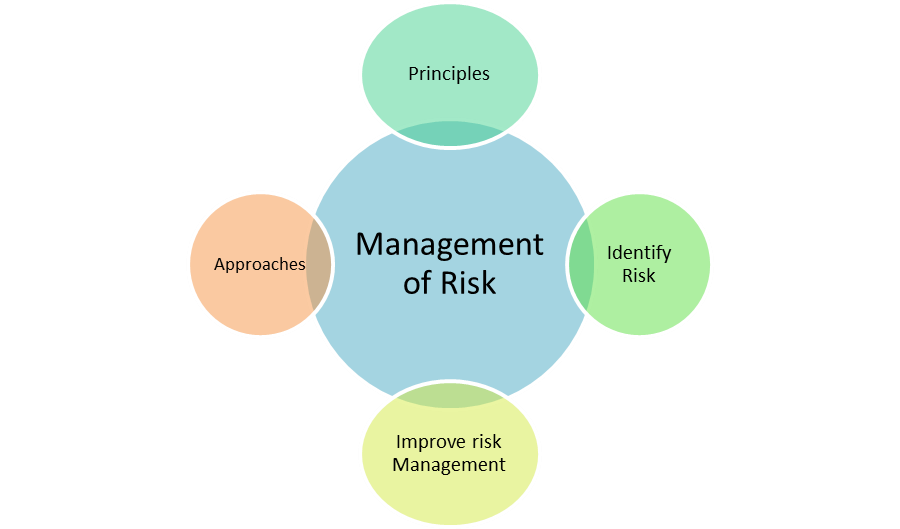Capital of the most populous city of England, London, is located on River Thames in the south east island of Great Britain. London came into being as Londonium in AD 43 when the Romans invaded it. However, it lasted only for 18 years before being burnt down by Queen Boudica. Londonium, prospered in AD 100 as the capital of the Roman province of Brittania. After the collapse of the Romans in the 5th Century, London was no more a capital city. However, passing through different ages, London had become the largest town of England by the 11th Century. In the modern times, London shot to fame becoming the world's biggest city during 1831 to 1925.
Tourism
London, known to be one of the best tourist spots the worldover, is ranked the most visited city in 2015 with over 65 million visitors. It also ranks among the top places in the world as far as cross-border spending is concerned. The total expenditure is estimated at US$20.23 billion as in 2015. Tourism is one of London's prime industries. It employed around 350,000 full-time workers in 2003, and the city accounts for 54% of all inbound visitor spending in the UK. As of 2016, London is the world top city destination as ranked by TripAdvisor users
In 2015, the top most-visited attractions in UK were all in London. The top 10 most visited attractions were:
- Tate Modern
- The British Museum
- Tower of London
- The National Gallery
- Southbank Centre
- Victoria and Albert Museum (South Kensington)
- Natural History Museum (South Kensington)
- Science Museum
- Somerset House
- National Portrait Gallery
The number of hotel rooms which has been growing every year stood at 138,769 in 2015.
Transport
Airports
- London Heathrow Airport
- Gatwick Airport
- Stansted Airport
- London City Airport
- London Southend Airport
Rail
- The London Underground, or the Tube, is the oldest and second longest metro system in the world.
- The Docklands Light Railway which opened in 1987 is a local metro system. It makes use of small tram-type vehicles which happen to serve the Docklands, Greenwich and
Education
Primary and Secondary
The majority of primary as well as high schools are controlled by London boroughs. So are the further-education colleges in London. Some are also state-funded. London is also having a number of private schools and colleges.
Tertiary Education
London is known as a centre of higher education teaching and research. According to studies and research, London has the maximum number of higher education institutes in Europe. London was ranked as having the greatest concentration of top class universities in the world for the years 2015-16. London has an international student population of around 110,000 which is deemed to be larger than any other city in the world. Pricewaterhouse Coopers report termed London as the global capital of higher education.

 ENQUIRE
ENQUIRE
 REQUEST CALLBACK
REQUEST CALLBACK
 GET A FREE QUOTE
GET A FREE QUOTE


 Introduction
Introduction Course Details
Course Details Course Content
Course Content






 London
London